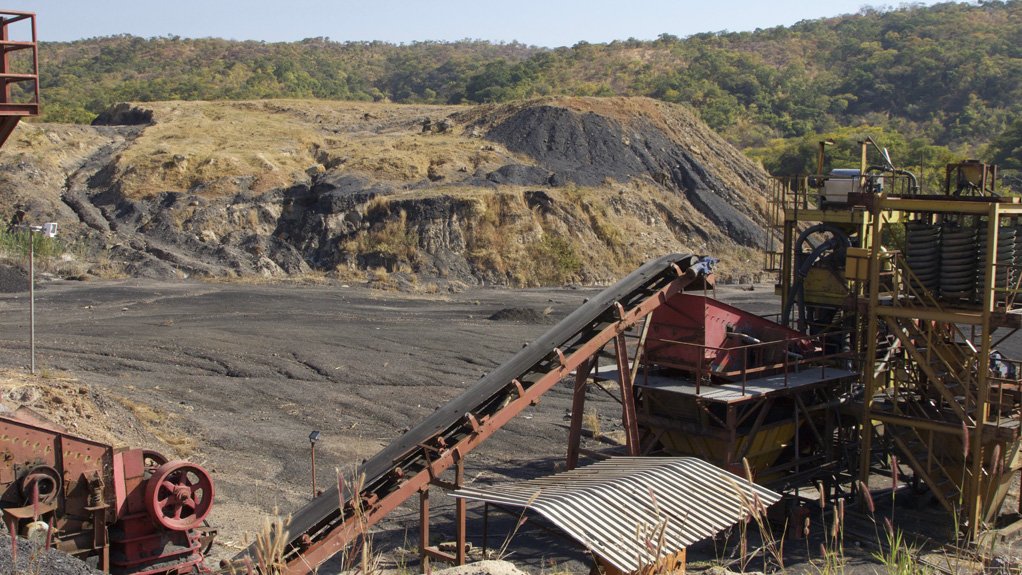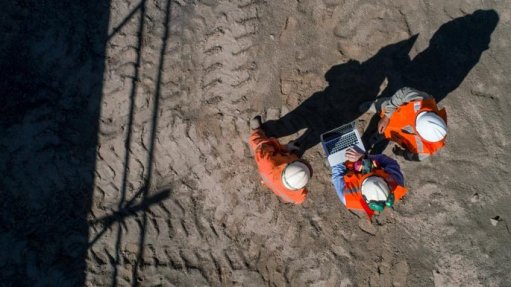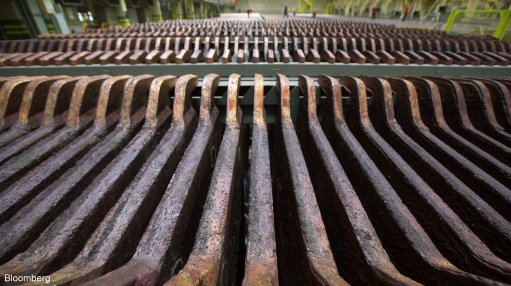Rights NGO raises concerns about impact of mining on Malawi near-mine communities



CONCERNING CONSEQUENCES Families living near coal and uranium mining operations, in Karonga district, face ‘serious problems’ with water, food and housing
CONCERNING CONSEQUENCES Families living near coal and uranium mining operations, in Karonga district, face ‘serious problems’ with water, food and housing
Malawi’s government has failed to protect the rights and livelihoods of people living in nascent mining communities, states independent human rights organisation Human Rights Watch (HRW).
The organisation alleges that families living near coal and uranium mining operations face “serious problems” regarding water, food and housing and that they have been left in the dark about health and other risks emanating from mining activities.
HRW’s recently released 96-page report, entitled ‘They Destroyed Everything: Mining and Human Rights in Malawi’, examines the impact of the extractive industries on communities in some of Malawi’s first mining areas, namely in Karonga district located on the north-western shores of Lake Malawi.
Malawi’s government has promoted private investment in mining and resource extraction to diversify its economy. However, the organisation points out that environmental risks are common in resource extraction and mining significantly contributes to climate change, which, in turn, affects governments’ ability to enforce the rights to health, water and food.
“Malawi should not repeat the mistakes made in resource extraction in other countries in Southern Africa,” warns HRW researcher Katharina Rall. She says that it is not enough to create a fertile investment climate for mining companies, adding that government “urgently” needs to protect the rights of affected communities.
The report is based on research in Malawi from July 2015 to July 2016, including more than 150 interviews, 78 of which were with people living in areas where companies are actively mining or had mining operations in the recent past. HRW also interviewed representatives of the companies; the central, regional, and local governments; national and international nongovernmental organisations (NGOs) and international organisations.
Rall highlights that HRW documented rights violations in Karonga district communities affected by coal and uranium mining operations of mining companies such as Eland Coal Mining Company, Malcoal and Paladin Africa.
“We found that Malawi lacks adequate safeguards to ensure the necessary balance between development efforts and protecting the rights of local communities,” she states. Moreover, Rall remarks that weak government oversight and a lack of information have left local communities unprotected [from mining companies].
“Since the mining came, we have had many problems. The coal is in our gardens and running into our fields. The way the crops look, you would think that someone had poured petrol on them,” said a woman in the Mwabulambo village, in Karonga district.
Further, HRW says it found that mining operations have forced several families to resettle. These families said that they were notified so late that they had no time to find alternative housing, leaving some without shelter. Many said that compensation procedures were unclear and, in several instances, compensation fell short of what they needed to rebuild or sustain a comparable standard of living, including access to land.
Residents said that they did not receive sufficient information about the planned mining operations and any associated risks, fuelling concerns about serious respiratory diseases and other health and environmental impacts. The report says that villagers do not have adequate access to healthcare facilities where they could be assessed and treated for any mining-related health conditions.
“The government and companies operating in Karonga district said that they monitor the impacts of mining, but they do not release the results,” HRW says.
Villagers said they were worried about the contamination of the water they depend on for drinking and irrigation. Residents said that trucks pass along narrow village roads, coating homes and schoolhouses in dust, and that they were worried about health consequences, including respiratory diseases.
HRW notes that scientific studies in other countries have associated such illnesses with exposure to mining-related pollution. The organisation also comments that farmers said that coal dust and poor water quality had decreased their harvests.
HRW asserts that the Eland coal mine – which ended operations in 2015 – left behind piles of coal and openpits filled with water that can be dangerous for children and threaten local water sources.
“The inadequate healthcare infrastructure and secrecy around monitoring results lead to a lot of uncertainty about what is actually happening,” Rall laments. She believes that this is part of the problem, as government and mining companies need to “finally” take monitoring seriously, emphasising that people have a right to know the results.
HRW contends that mining companies in Karonga district have also largely failed to deliver on promises to build health centres and additional boreholes for water. Additionally, Malawian NGOs have also voiced concern over the impact of mining in affected communities.
“The push for industrialisation and growth needs to be accompanied by a social licence and companies should deliver on their promises,” says Malawian NGO Citizens for Justice executive director Reinford Mwangonde. (Citizens for Justice hosts the secretariat of the Natural Resources Justice Network, which is a Malawian network of NGOs advocating for sustainable resource extraction.)
He points out that Malawi’s extractive industries are still in their infancy, which provides opportunities for government and investors to respect rights and reduce the risks facing communities and natural ecosystems, even as they push for economic development.
Mwangonde further notes that, while Malawi has some laws and policies that protect the rights of communities potentially affected by mining, “they are poorly enforced”. He avers that government watchdogs stand by while mining operations are allowed to progress, regardless of the risks to local communities or the environment.
However, Mwangonde points out that a new draft law, the Mines and Minerals Bill, while relatively progressive in many respects, fails to address the lack of transparency regarding the risks related to mining.
Rall adds that government has started to create a more comprehensive legal framework and has promised to improve enforcement. However, she comments that mining communities are still waiting for inspection results and redress for harm suffered.
HRW emphasises that government needs to help level the playing field by providing communites with information about the risks of mining and ensuring their participation in decision-making.
Comments
Press Office
Announcements
What's On
Subscribe to improve your user experience...
Option 1 (equivalent of R125 a month):
Receive a weekly copy of Creamer Media's Engineering News & Mining Weekly magazine
(print copy for those in South Africa and e-magazine for those outside of South Africa)
Receive daily email newsletters
Access to full search results
Access archive of magazine back copies
Access to Projects in Progress
Access to ONE Research Report of your choice in PDF format
Option 2 (equivalent of R375 a month):
All benefits from Option 1
PLUS
Access to Creamer Media's Research Channel Africa for ALL Research Reports, in PDF format, on various industrial and mining sectors
including Electricity; Water; Energy Transition; Hydrogen; Roads, Rail and Ports; Coal; Gold; Platinum; Battery Metals; etc.
Already a subscriber?
Forgotten your password?
Receive weekly copy of Creamer Media's Engineering News & Mining Weekly magazine (print copy for those in South Africa and e-magazine for those outside of South Africa)
➕
Recieve daily email newsletters
➕
Access to full search results
➕
Access archive of magazine back copies
➕
Access to Projects in Progress
➕
Access to ONE Research Report of your choice in PDF format
RESEARCH CHANNEL AFRICA
R4500 (equivalent of R375 a month)
SUBSCRIBEAll benefits from Option 1
➕
Access to Creamer Media's Research Channel Africa for ALL Research Reports on various industrial and mining sectors, in PDF format, including on:
Electricity
➕
Water
➕
Energy Transition
➕
Hydrogen
➕
Roads, Rail and Ports
➕
Coal
➕
Gold
➕
Platinum
➕
Battery Metals
➕
etc.
Receive all benefits from Option 1 or Option 2 delivered to numerous people at your company
➕
Multiple User names and Passwords for simultaneous log-ins
➕
Intranet integration access to all in your organisation



















